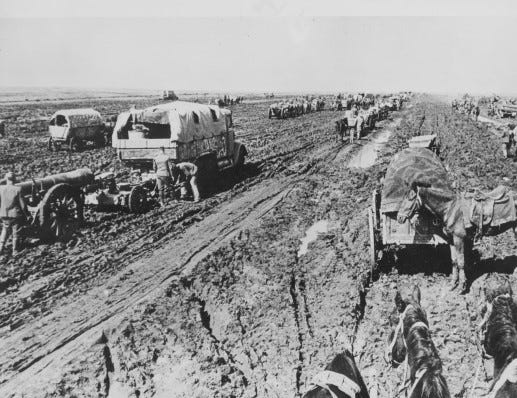July 27 - July 30, 1942.
Summary:
Christl writes his younger brother Dieter Sasse on his birthday. He encourages him, knowing Dieter is struggling to survive Reich Labor Service, with its coarse tone and harsh dealings.
He includes the same sentiment he had expressed to Angelika a couple of weeks earlier, the desire that their lives would bear fruit.
This letter gives us such a strong impression of Christoph Probst’s character that I am including a longer excerpt from White Rose History, Volume II here.
Christl wrote, “In this coming year, live in deep assurance that everything is meaningful, that no coincidences ever befall us in this life, that all our battles are – in the end – fought for that which is good, even if our eyes cannot see so far ahead as to be able to recognize this fact.”
Christl reminded Dieter that life was what he made of it, that he alone could determine the kind of person he would become. External influences? It was up to Dieter to turn them into something positive. And this was true, Christl asserted, although human beings had to keep searching for the right path in total ignorance – the light would only appear later to “let us see all things clearly.”
Never one to remain serious for too long, Christl teased Dieter about food in the Reich Labor Service. Nice to know he had enough to eat, but Dieter didn’t have to tell him about the quality of the abundant provisions.
His birthday present would have to be simple, not only to protect Christl’s budget, but because he was aware that Dieter’s footlocker couldn’t hold anything large. Back to the subject of food – maybe something edible would please his brother?
Learn from this experience, Christl exhorted Dieter. Christl said, “For a person who lives intellectually and spiritually, this accursed monastic seclusion can have a deepening effect, because after the fact, he sees things previously taken for granted with a new awareness and finds that his feelings for life’s freedoms have been intensified.”
And once again, that sense of humor. “Horse hockey!” said Christl to the serious words he had just written his brother. While Dieter should learn from this experience and so on and so on, “a person can realize his destiny ‘better’ without the questionable help of all these external forces.”
That ‘better future’ was one they all needed, and soon.
Fritz Hartnagel’s company is about halfway to Stalingrad. The further east they travel, the less vegetation they see. Water becomes scarcer. Not yet alarmed, he writes Sophie of his observations, wondering…
He rereads Sophie’s letters and tells her he is uncertain regarding her, because of the walls she has erected between them.
Unable to pray, feeling empty, Fritz explores the desert, enjoying insects, spiders, and birds he had never seen before. And he thinks about Sophie.
Why this matters:
As you have doubtless figured out, Christoph Probst is one of my “favorites” among the White Rose circle of friends. Not only his openness, but his family’s transparency about his life, are exemplary.
This letter to his brother Dieter Sasse shows us Christl as he would have been seen by his friends. No wonder they relied on his strength and moral backbone!
His advice to Dieter is worth heeding. No matter how awful things are around us, we’re responsible for our own “journey” and integrity.
But I also love his “horse hockey” comment - that we can realize our destiny better without negative external influences. Haven’t we all felt that way at one time or another?Pay attention to Fritz Hartnagel’s descriptions of war. For one thing, his letters would have greatly influenced Sophie Scholl. Although she did not want to be with Fritz, his opinions and narrative mattered to her. Her brother and the other soldier students gained firsthand experience on the front lines. Sophie had to rely solely on letters from Fritz and her brother’s stories when he returned home.
Fritz writes from a patriotic German’s viewpoint. Every time I read his letters, it hits me that we need less military history and more of the personal stories of those who would do war. Same thing with Otl Aicher’s letters and memoirs.
War isn’t abstract. It’s real. It’s no food, no water. It’s commandeering homes and pantries from locals in the path of war. It’s death, up close and personal.
White Rose History, Volume II, pages 144-146.
Notes and references available only to paid subscribers.
Listen to this episode with a 7-day free trial
Subscribe to Why This Matters to listen to this post and get 7 days of free access to the full post archives.












